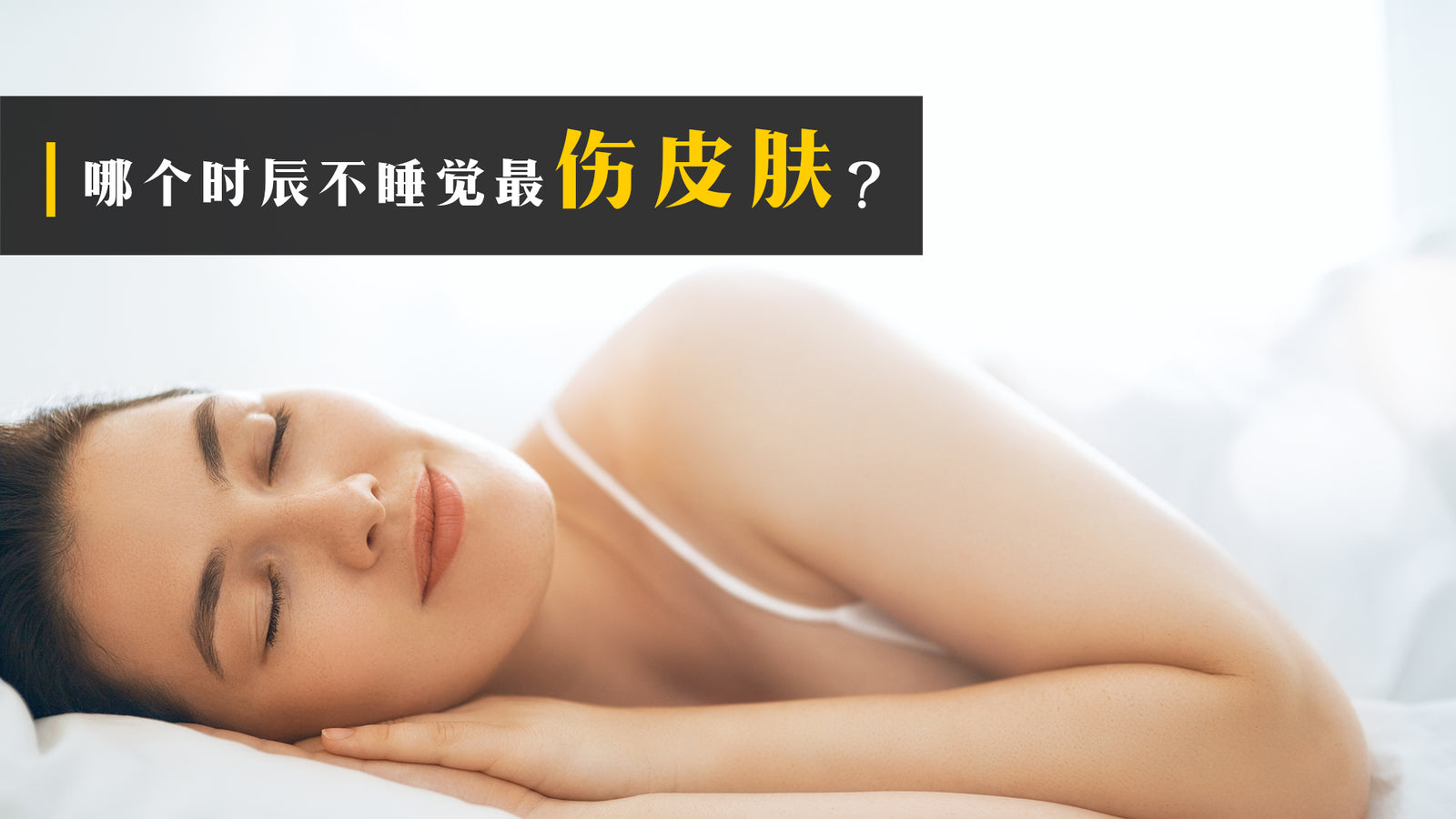Your Cart is Empty
🚛 FREE SHIPPING for order RM 120 & above
🚛 FREE SHIPPING for order RM 120 & above
🚛 FREE SHIPPING for order RM 120 & above
【不是中藥 itsherbs.com】Body Types
[不是中藥 itsherbs.com] Health Tips
【不是中藥 itsherbs.com】Media Reports • Announcement
【不是中藥 itsherbs.com】Body Types
8 major constitutions of traditional Chinese medicine
[不是中藥 itsherbs.com] Health Tips
Chinese Medicine // Wellness // Knowledge
【不是中藥 itsherbs.com】Media Reports • Announcement
Media Coverage • Announcements
2 min read
The "Huangdi Neijing" proposes a twelve-hour health preservation method, with each time period corresponding to different organs and their functions. Regarding sleep time, 9 PM to 7 AM the next morning is optimal. What exactly does this entail? Which time period is most harmful to the skin if one does not sleep? 
Hai hour: 2100 to 2300 (Triple Burner meridian in charge, nourishing all the vessels)
The Sanjiao is the largest of the six hollow organs, responsible for managing various qi and facilitating water pathways. During the Hai hour, the Sanjiao connects with all the vessels. If a person sleeps during the Hai hour, all the vessels can rest and rejuvenate, which is very beneficial to the body.
"At the hour of Zi, yang energy is born." At this time, the body's yang energy begins to rise, the gallbladder meridian is at its peak, and bile needs to be metabolized. When a person falls asleep at the hour of Zi, the gallbladder can complete its metabolism. "The clearer the gallbladder, the clearer the brain." Those who go to sleep before the hour of Zi will wake up in the morning with a clear mind and a rosy complexion.
"The liver governs the storage of blood." During the Chou hour, the liver meridian is in command, and at this time, liver blood is generated and activated. The Yellow Emperor's Inner Canon records: "When lying down, blood returns to the liver." Therefore, those who are not asleep during the Chou hour often have a bluish-gray complexion, feel emotionally fatigued and irritable, and are prone to liver diseases.

The lungs are the main site for gas exchange inside and outside the body. "The lungs govern qi." During the Yin hour, the lungs work to distribute qi and blood to other organs. At this time, a person needs to enter deep sleep to complete the distribution. Additionally, traditional Chinese medicine believes that "the lungs govern the skin and hair." If sleep is lacking at this time, the damage to the skin is also the greatest.

The Large Intestine Meridian is most active during the Mao hour, starting its work, making it the best time for using the toilet and defecation. "The lung and large intestine are internally and externally related." The lung distributes sufficient fresh blood throughout the body, which then stimulates the Large Intestine Meridian to enter an excited state, completing the process of absorbing water and nutrients from food and expelling waste.

